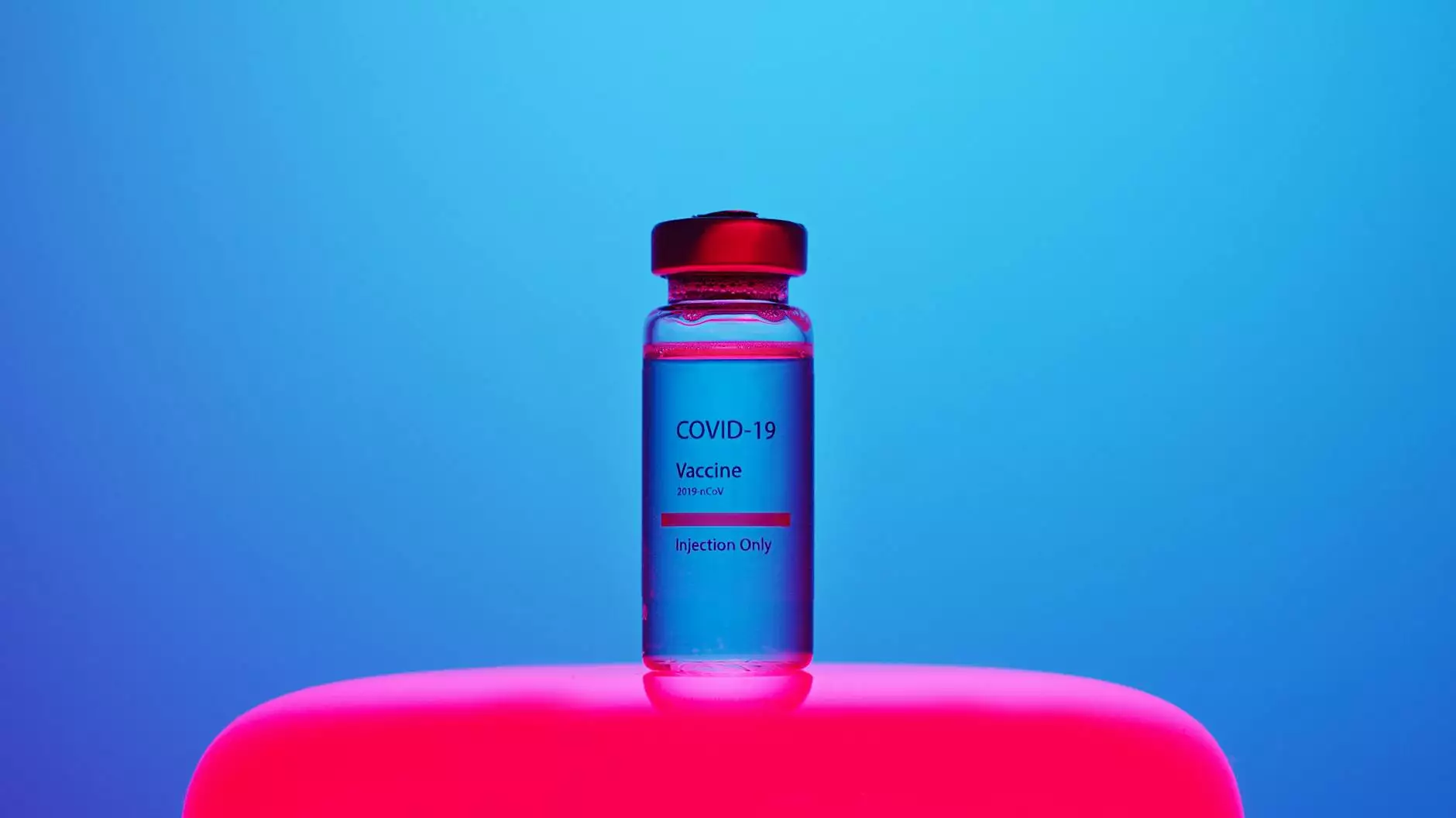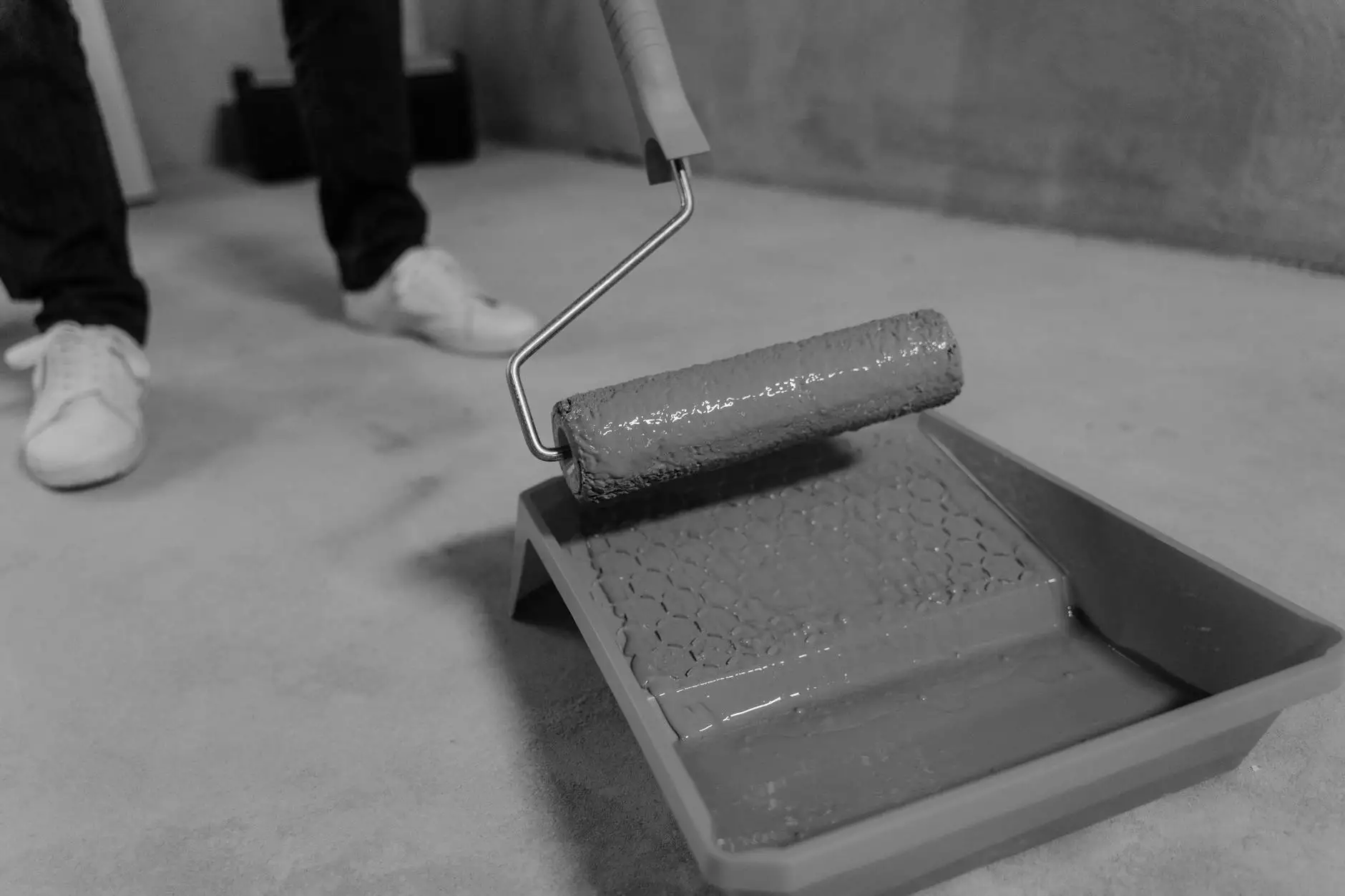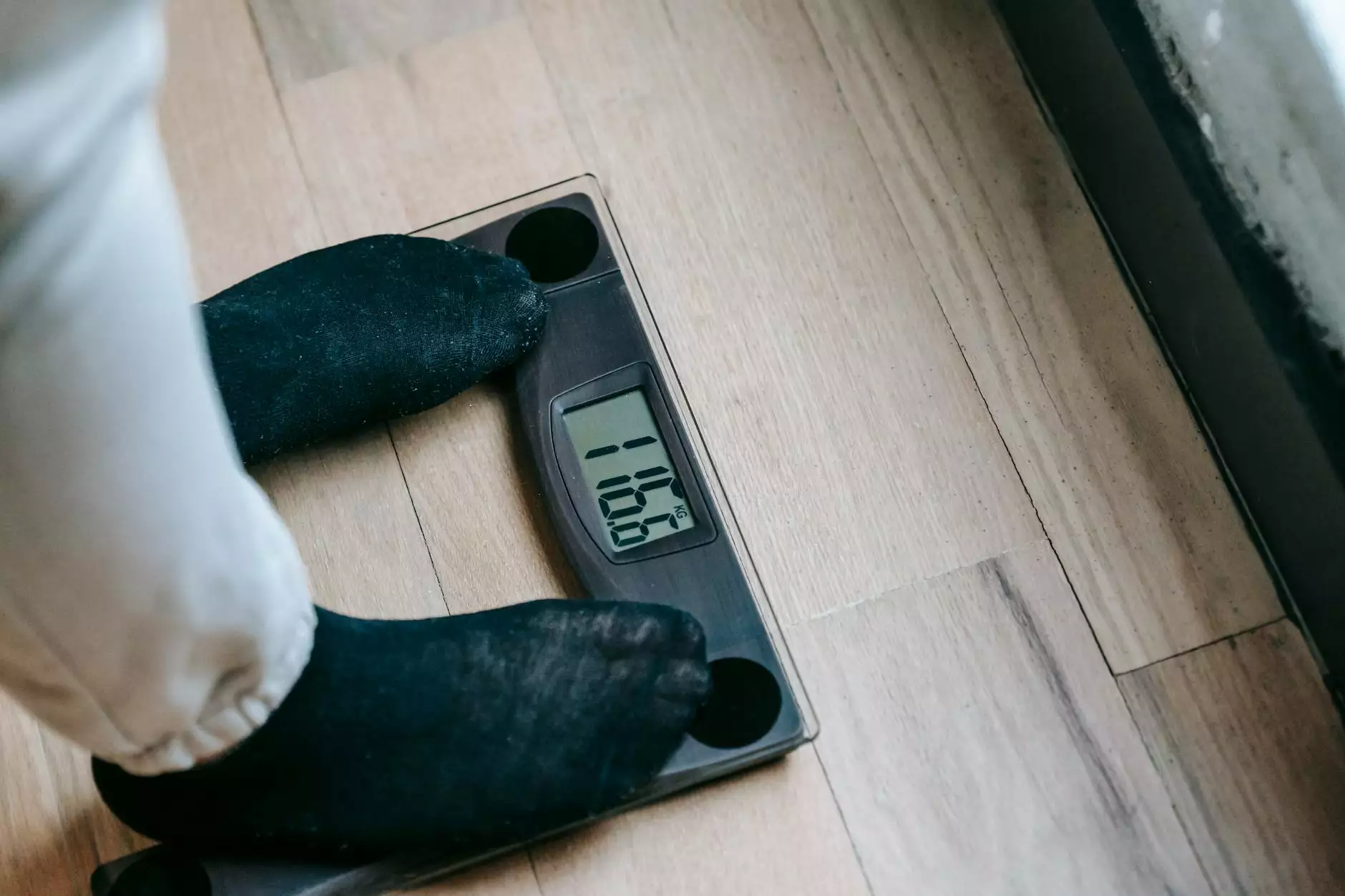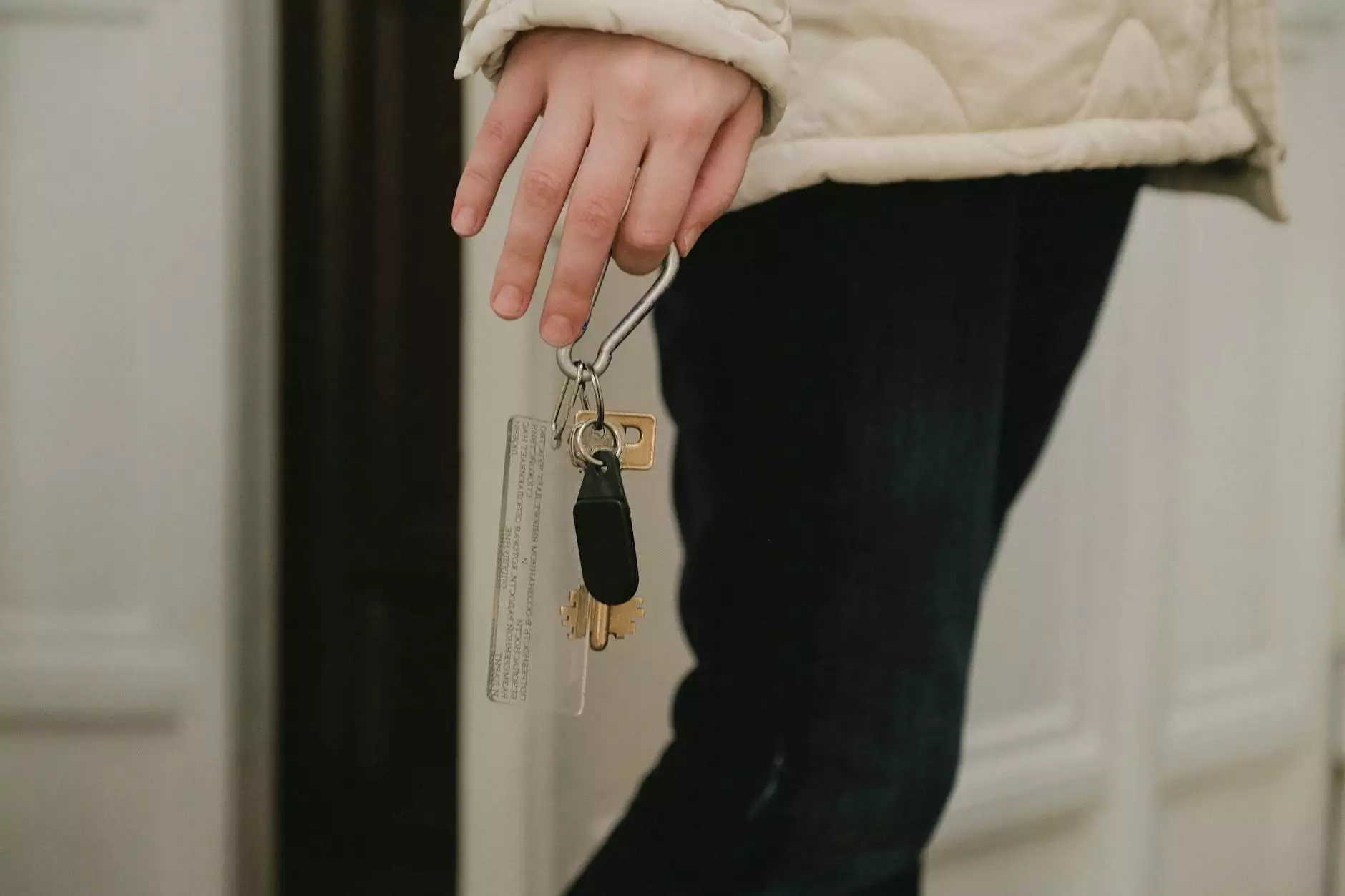Finding the Best Vein Doctor Near Me: A Comprehensive Guide
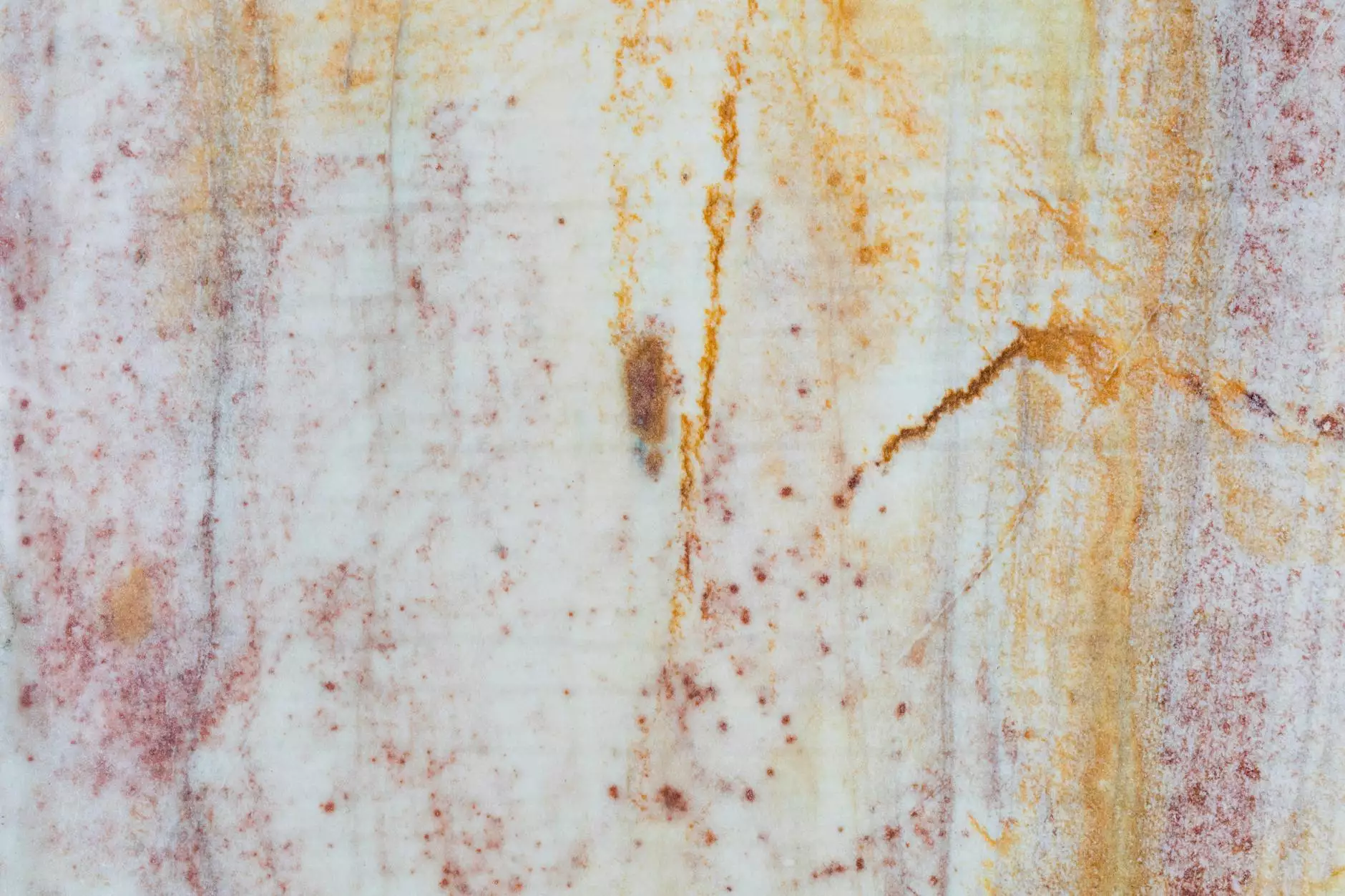
When it comes to vascular health, many individuals often find themselves searching for a vein doctor near me. This search reflects the increasing awareness of the importance of vein health and the rise in treatments available for various vein-related conditions. Whether you’re dealing with varicose veins, spider veins, or other vascular issues, understanding what to look for in a vein specialist can greatly influence the quality of care you receive.
Understanding Vein Health
The veins in our body play a crucial role in the circulatory system. They are responsible for returning deoxygenated blood back to the heart. However, conditions such as venous insufficiency, thrombosis, and chronic venous disease can hinder this process, leading to pain and other complications. It is critical to recognize the signs that indicate you need to consult a vein doctor near me.
Common Symptoms of Vein Disorders
- Swollen Legs: Often a sign of vein issues, especially after long periods of standing.
- Pain or Discomfort: This can include aching, cramping, or heaviness in the legs.
- Varicose or Spider Veins: These are visible signs of vein dysfunction.
- Skin Changes: Discoloration or ulcers near the ankle can indicate serious venous issues.
Importance of Choosing the Right Vein Doctor
Selecting a qualified vein doctor near me is vital for effective diagnosis and treatment. Here’s why the right specialist matters:
- Expertise: Specialized training in vascular health ensures you receive informed care.
- Technology: A specialist equipped with the latest treatment technology can offer better outcomes.
- Personalized Care: An expert can tailor their approach based on your unique health needs.
Key Considerations When Searching for a Vein Doctor
As you begin your search for a vein doctor near me, keep the following considerations in mind:
1. Qualifications and Credentials
Always check the physician's qualifications. Look for board certifications in vascular medicine or related fields. This will give you assurance of their expertise and adherence to medical standards.
2. Experience with Specific Procedures
Some vein specialists focus on specific treatments, such as endovenous laser therapy (EVLT) or sclerotherapy. Understanding their experience with the exact procedure you might need is crucial for effective treatment.
3. Equipment and Technology
Modern treatments require advanced technology. Ensure your chosen vein doctor near me utilizes the latest equipment for diagnostics and procedures, which can lead to faster recovery times and better results.
4. Patient Reviews and Testimonials
Researching patient reviews can also provide insight into the doctor’s practice. Look for feedback regarding the quality of care, office ambiance, and patient outcomes. Reliable practices often maintain positive ratings.
5. Location and Accessibility
Considering the proximity of the doctor’s office is essential, especially if you might need multiple visits. A conveniently located clinic means less hassle and more straightforward access to care.
6. Insurance and Payment Options
Ensure the specialist participates in your insurance plan or offers flexible payment options. Understanding the financial aspects of your treatment upfront is vital for planning your care.
Common Treatments Offered by Vein Doctors
After your consultation, your vein doctor near me may recommend one of several treatment options based on your specific condition:
1. Compression Therapy
This non-invasive treatment involves wearing specialized stockings that apply pressure on the legs to improve blood circulation and alleviate symptoms.
2. Sclerotherapy
This involves injecting a solution directly into the affected veins, causing them to collapse and eventually fade from view. It is highly effective for smaller varicose veins and spider veins.
3. Endovenous Laser Therapy (EVLT)
EVLT is a minimally invasive procedure using laser energy to seal off problematic veins, promoting blood flow to healthy veins.
4. Vein Stripping
A surgical procedure where problematic veins are removed through small incisions, often reserved for severe cases of varicose veins.
5. Radiofrequency Ablation
Similar to EVLT, this technique uses radiofrequency energy to close off varicose veins, which are then reabsorbed by the body.
Maintaining Healthy Veins: Lifestyle Tips
In addition to seeking professional help, taking proactive steps in your lifestyle can significantly improve vein health:
1. Stay Active
Regular physical activity promotes healthy circulation. Activities such as walking, swimming, and cycling are excellent for keeping your veins healthy.
2. Maintain a Healthy Weight
Excess weight puts additional pressure on your veins, leading to potential complications. A balanced diet and active lifestyle can help maintain a healthy weight.
3. Elevate Your Legs
To improve circulation, regularly elevating your legs can relieve pressure and discomfort, particularly after long periods of sitting or standing.
4. Avoid Prolonged Sitting or Standing
Change positions often if you work in a job that requires prolonged sitting or standing. Simple exercises or stretches can alleviate tension in the legs.
Conclusion: Finding the Right Vein Care
When searching for a vein doctor near me, make sure to consider the vast array of factors that contribute to the quality of care. From understanding vein health and recognizing symptoms to selecting the right specialist and considering treatment options, the journey toward healthier veins begins with informed choices. Take control of your vascular health by consulting with a qualified professional from Truffles Vein Specialists and embrace the path to improved wellbeing.
